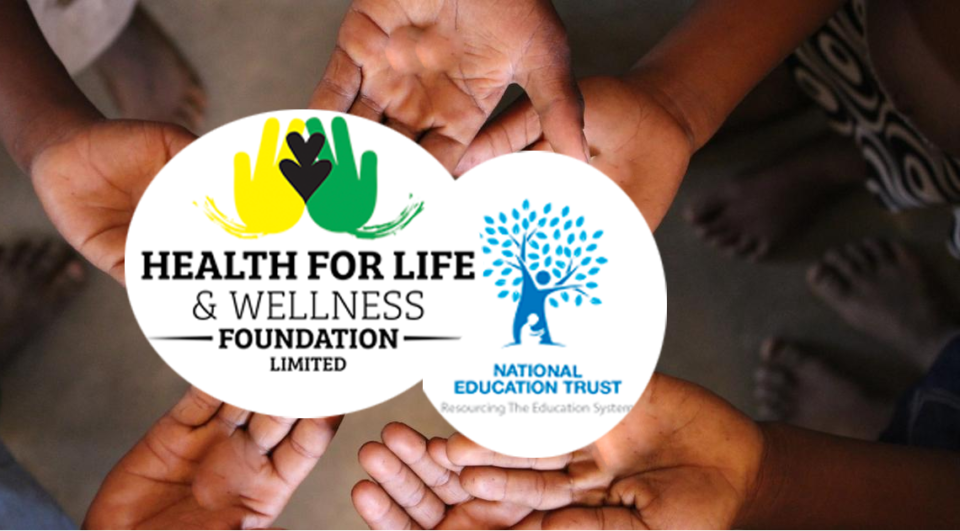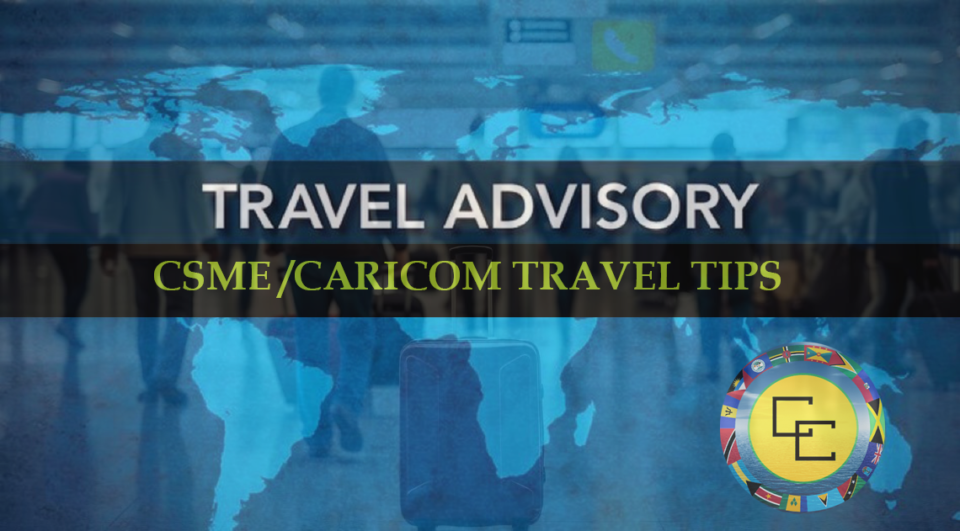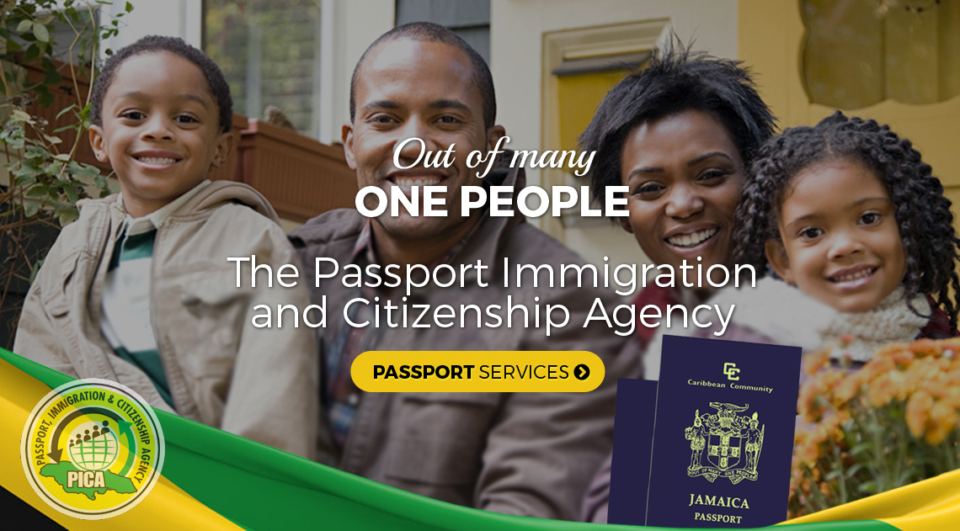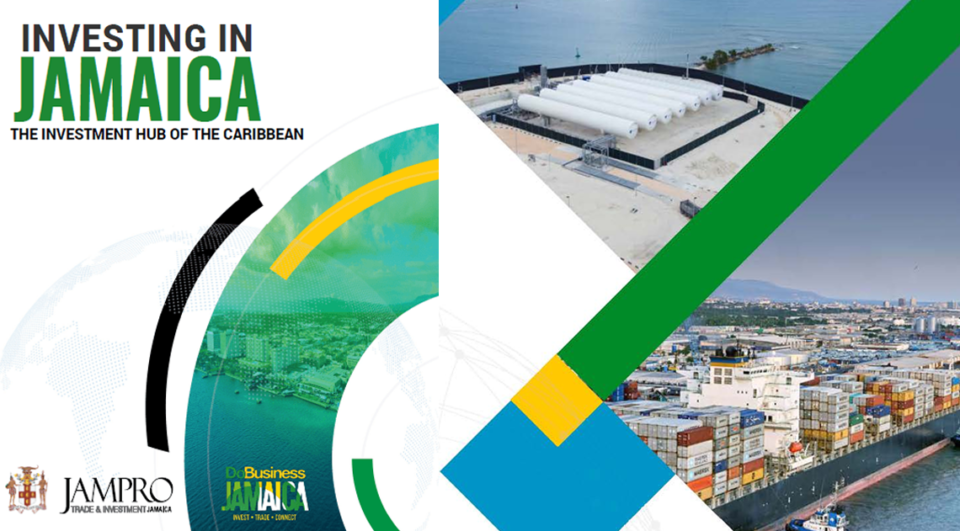[et_pb_section bb_built=”1″ admin_label=”section”][et_pb_row admin_label=”row”][et_pb_column type=”4_4″][et_pb_text admin_label=”Text” background_layout=”light” text_orientation=”left” use_border_color=”off” border_color=”#ffffff” border_style=”solid”]
(CARICOM’s Foreign Ministers at the 21st meeting of the Council for Foreign and Community Relations (COFCOR) held in Bahamas from May 7th to 8th. Second row first left, Senator the Honourable Kamina Johnson Smith, Minister of Foreign Affairs and Foreign Trade.)
Improving the Caribbean Community’s (CARICOM) methods of engagement with other third party states was among the salient issues discussed at the 21stMeeting of the Council for Foreign and Community Relations (COFCOR)held in The Bahamas from May 7-9.
A key objective of the two-day meeting was the coordination of common positions among CARICOM Member States on a range of foreign policy issues in the regional and international are an in a spirit of friendship and cooperation.
The region’s Foreign Ministers, senior officials of the Organization of Eastern Caribbean states (OECS), representatives from the United Nations (UN) engaged in discussion about ways of consolidating the region’s bilateral relations with major partners, namely Canada, the United States and the United Kingdom. In this regard, the forum noted their concern about the deportation of undocumented British immigrants to the region.
Other matters which formed part of the meeting’s agenda included multilateral issues within the framework of the United Nations, such as the United Nations Security Council Reform and Climate Change. Hemispheric issues were also discussed within the context of the Community of Latin American and Caribbean States (CELAC), the Organisation of American States (OAS) and the Association of Caribbean States (ACS). This spurred dialogue on the need for CARICOM to play a more active and critical role in these organisations.
The Council considered the challenges encountered by small states, as well as the opportunities to strengthen relations with small states groupings, such as the Pacific Islands Forum (PIF) and the Indian Ocean Commission (IOC), which would serve as a more effective means to address the vulnerabilities of Small Island Developing States (SIDS).
Foreign Ministers also reserved this forum to dialogue on financing climate change, as the matter has been a high point discussed in regional and international spaces.
In addition, the border issues between countries within the region, namely Belize-Guatemala and Guyana-Venezuela, were paramount in the Council’s discourse, as there has been ongoing disagreement between these countries.
Senator the Honourable Kamina Johnson Smith, Minister of Foreign Affairs and Foreign Trade recalled the proceedings “We have been through a series of reviews such as Jamaica’s participation in the Commonwealth Heads of Government and the Summit of the Americas,” she asserted.
In addition, the Council discussed the preparations for the ACP-EU Negotiations for a Successor Agreement to the Cotonou Partnership Agreement. Due to the significance of this ACP-EU Post-Cotonou Partnership Agreement, Foreign Ministers were urged to actively participate in the upcoming 107th session of the ACP Council of Ministers and the 43rd session of the ACP-EU Joint council, which is scheduled to be held in Togo in May.
Other issues highlighted were: migration and its impact on the region; building the region’s resilience to reduce vulnerability to disaster risk and effects; and the prevention and control of non-communicable diseases.
[/et_pb_text][/et_pb_column][/et_pb_row][/et_pb_section]





